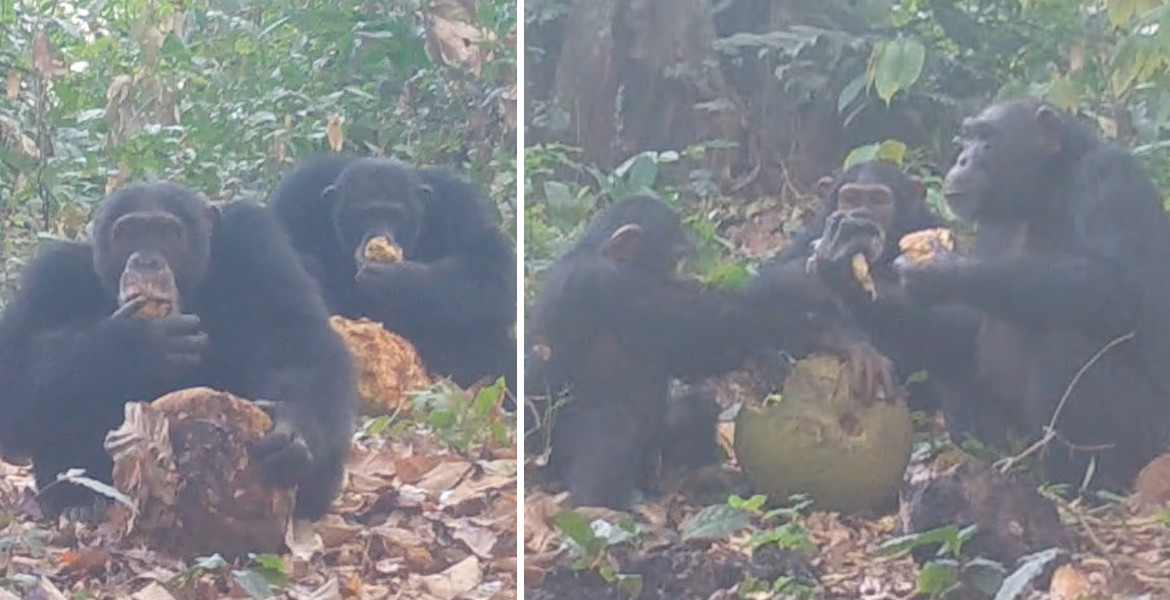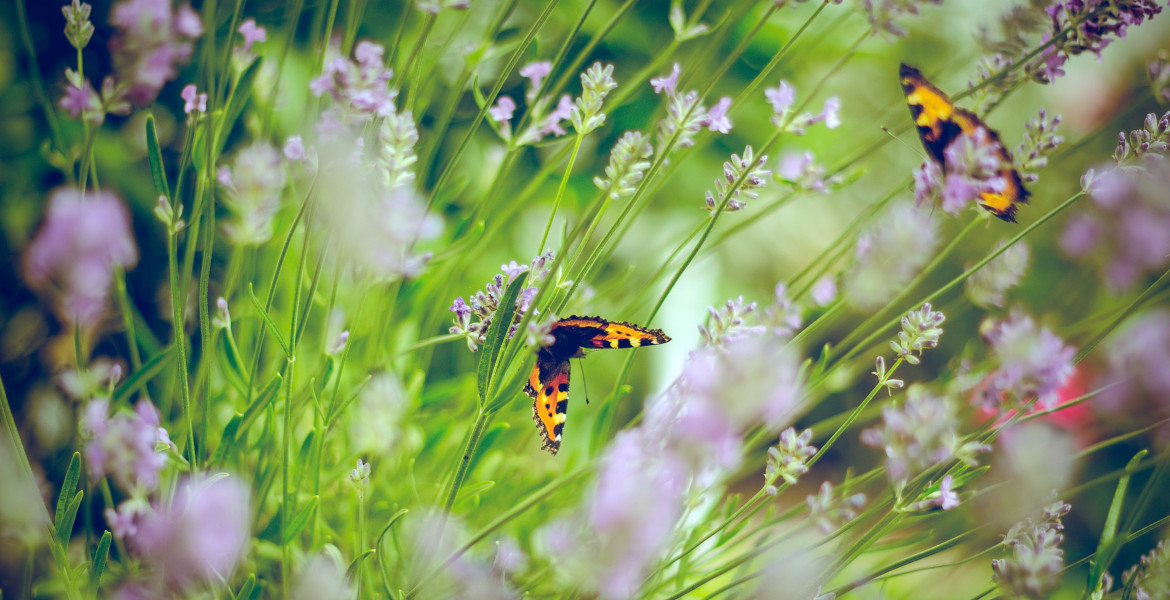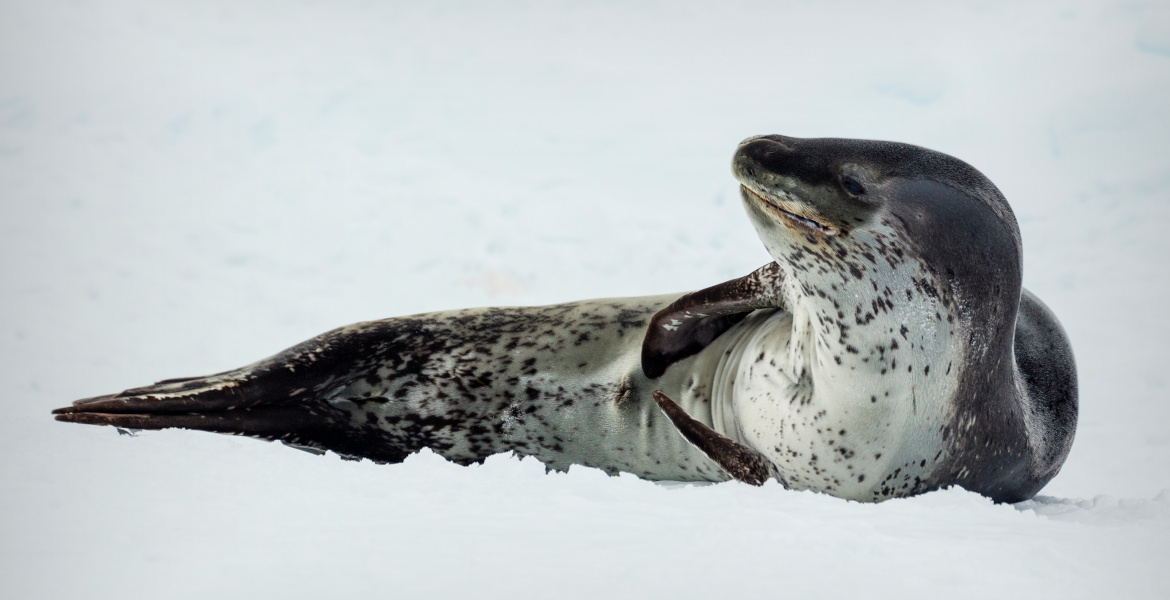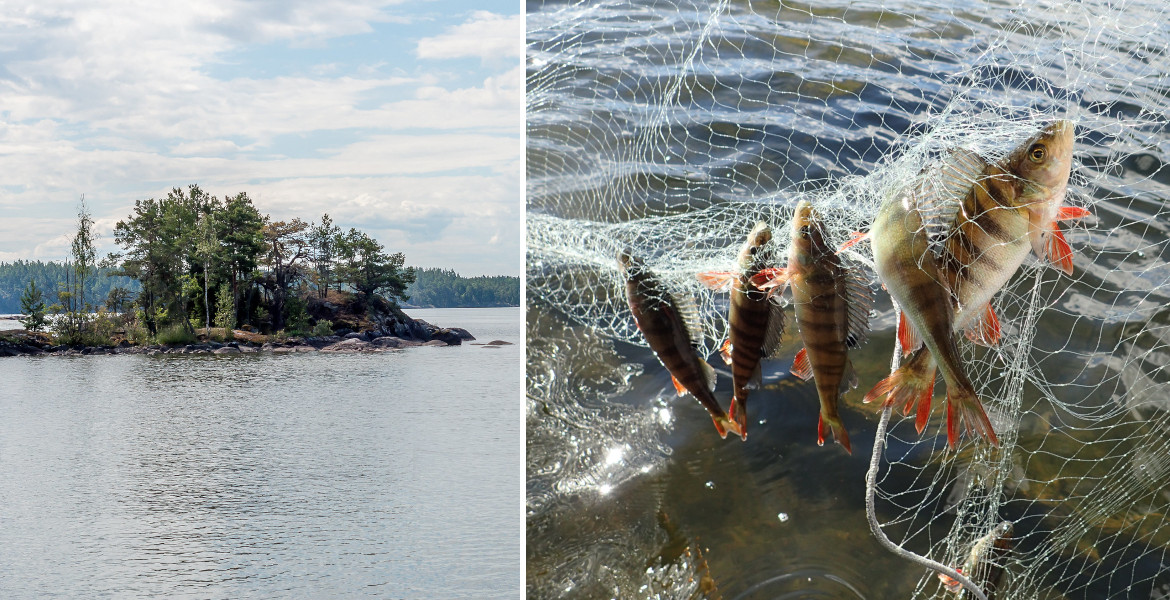For the first time, wild chimpanzees have been documented eating and sharing fruit containing alcohol. The research team speculates that this behavior could be described as an early evolutionary stage of "feasting".
Researchers from the University of Exeter in England set up ten separate cameras with motion sensors in a national park in Guinea-Bissau in West Africa. There, they captured chimpanzees sharing the fermented fruit Treculia africana. The fruit contained an alcohol content of up to 0.61 percent. The behavior raises questions about whether and why chimpanzees consciously seek out alcohol.
– For humans, we know that drinking alcohol leads to a release of dopamine and endorphins, and resulting feelings of happiness and relaxation, said Anna Bowland, one of the researchers behind the study, in a press release, continuing:
– We also know that sharing alcohol – including through traditions such as feasting – helps to form and strengthen social bonds. So – now we know that wild chimpanzees are eating and sharing ethanolic fruits – the question is: could they be getting similar benefits?
The amount observed is probably not enough to get the chimpanzees drunk, but the researchers estimate that the filmed episodes only provide a small glimpse into how much fermented fruit the animals eat in a day, as their diet consists of 60-85 percent fruit.
Researchers believe that more research is needed into why chimpanzees eat fermented fruit together, but speculate that the behavior may represent an early evolutionary stage of "feasting".
– Chimps don’t share food all the time, so this behaviour with fermented fruit might be important, says Dr. Kimberley Hockings of the University of Exeter. "If so, it suggests the human tradition of feasting may have its origins deep in our evolutionary history".






